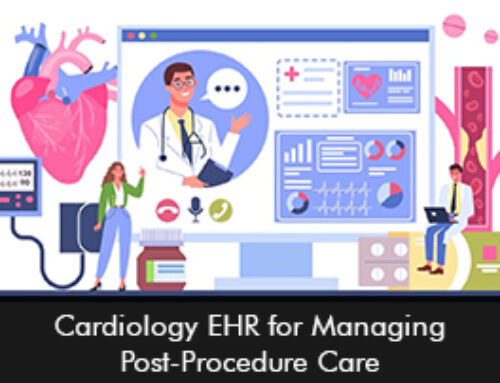The COVID-19 pandemic made retail health clinics the backbone of primary care. These retail health clinics helped fulfill smaller health needs which can be handled at the patient’s convenience. According to Forrester experts retail health clinics will transform primary care in 2023. As people are getting sicker and there is a shortage of primary care providers to treat them, certified nurse practitioners at the retail health clinic can help offer care to treat colds, rashes, scrapes, and other minor illnesses or injuries.
Increase in consumerism
There has been a great rise in consumerism in which people desired to receive the same experience in healthcare as they have in retail. Traditional healthcare has been slow to catch up to the demands of consumerism. The healthcare sector has been a little behind in adopting technology solutions to improve patient experience and engagement.
The pandemic increased the stress on the healthcare sector by making people sicker, exhausting the workforce, and putting patients behind in their primary care services. However, retail health clinics like CVS Minute Clinics or Rite Aid RediClinics helped to fill in these gaps.
Examples of retail health clinics in the US
- MinuteClinic
- Target Clinics
- Little Clinics (Kroger)
- Sutter Walk-In-care Clinics (California)
Services offered by retail health clinics
Retail health clinics offer limited care services but they can be a good option for young and healthy patients with minor concerns. Retail health clinics offer the following in-person services,
- Acute respiratory illnesses
- Skin conditions
- Vaccination shots
- Minor illnesses and injuries
- Ear pain
- Blood pressure checks
- Pregnancy tests
- Testing for gonorrhea
Some retail health clinics also offer telehealth or telemedicine options to provide remote care through video sessions.
Benefits of a retail health clinic
Retail health clinics are beneficial for patients as they offer convenient care access that is also cost-effective. Retail clinics charge a set price for a specific care service, this helps patients to manage their financial responsibility when paying for care. A Health Affairs study revealed that there are about 2,000 U.S. retail clinics that provide more than 6 million visits annually.
Through retail health clinics, patients can also have access to preventive services such as receiving vaccines. Data from 2017 reflects that there was an increase in access to vaccines from 32.2% to 40.3%. This highlights the significance of retail health clinics in expanding care access and improving patient outcome levels ensuring they are vaccinated and protected from certain viruses.
Patient experience and retail health clinics
Retail clinics can keep up with the healthcare consumerism trend as they are managed by companies that have an experience in the retail space. CVS, Walgreens, and Walmart understand consumer behavior and can apply these principles in health clinics to enhance the patient experience.
Patients want the same experiences in healthcare as they receive in other sectors. People can receive anything online and they don’t have to wait for too long. COVID-19 propelled this by putting Telemedicine EMR Software solutions and other direct-to-consumer healthcare companies at the center. There has been a collaboration between healthcare companies and retail-focused companies such as the partnership between Gopuff and Wheel Health a telehealth company. Such collaborations have great potential to enhance the overall patient experience and boost patient satisfaction scores.







